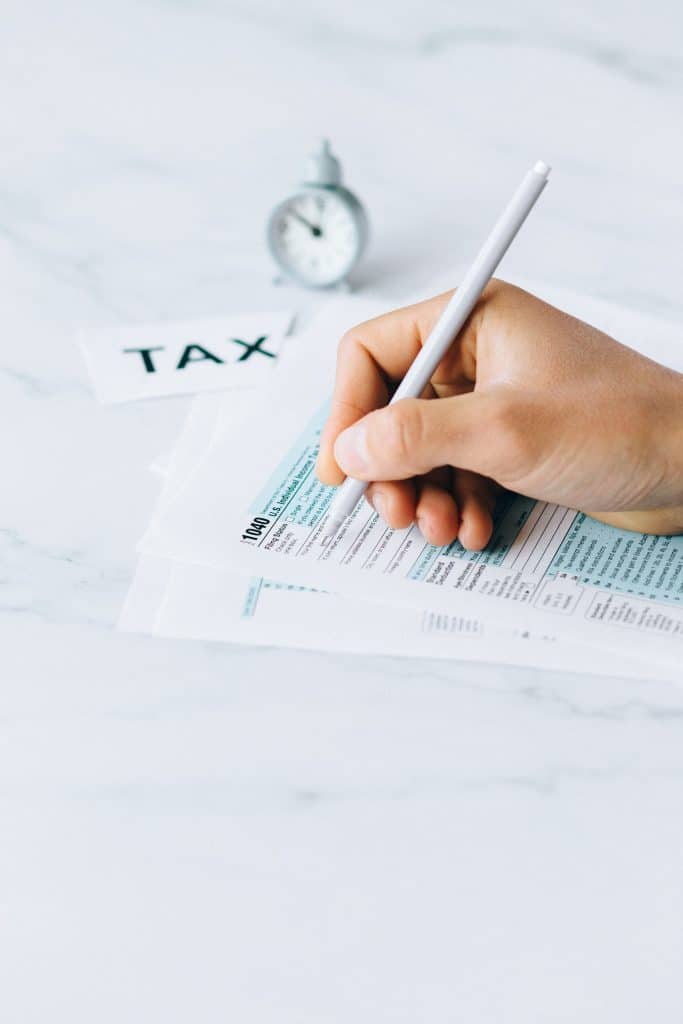Indonesia is an investment destination country with competitive advantages such as abundant natural resources, a well-trained young workforce, and a large and growing domestic market. Competitive advantages are increasingly easily enjoyed by investors after the issuance of Law No. 11 of 2020 on Job Creation, which is intended to create a better investment climate and a higher global profile.
Table of Contents
Indonesia has a Value Added Tax (VAT) regulation that regulates the range of tax jurisdictions. Should taxes reach global supply or be limited to supplies within the country’s territory? Both globally and territorially, should taxes be imposed on domestic production (VAT principle of origin), on domestic consumption (VAT principle of purpose), or a combination of the two? Almost every country with VAT imposes a territorial VAT that relies on the principle of purpose to determine the limits of tax jurisdiction.
Under the principle of pure purpose, imports are taxed and exports are completely tax-free (zero-rated). With this system, it is important to identify the value of exported goods and services (and when they are exported) and identify the value of taxable imports and determine when they are taxable.

Object of VAT and Its Scope
VAT is the collection of taxes on purchases and sales transactions of goods or services carried out by Individual Taxpayers (WPOP) or Corporate Taxpayers who have become Taxable Entrepreneurs (PKP). The object of VAT includes transactions for the delivery of Taxable Goods (BKP) and Taxable Services (JKP) within the customs area, namely the territory of the Republic of Indonesia which includes land, water, and air space above it, as well as certain places in the Exclusive Economic Zone and the continental shelf in which a law governing customs applies.
VAT on Intangible Goods and Services
Law No. 42 of 2009 concerning VAT on Goods and Services and Sales Tax on Luxury Goods article 4 paragraph 1 point d and e, stipulates that the use of Intangible Taxable Tax Returns (point d) and the utilization of JKP (point e) from outside the Customs area within the Customs area are objects of VAT. An example of the use of intangible BKP is the Trademark of an overseas company utilized in Indonesia.
Meanwhile, an example of the use of JKP is Management Services or Consulting Services from overseas companies utilized in Indonesia. This rule is in accordance with the principle of destinations, in essence, every consumption of goods or services used domestically, wherever the goods or services come from, whether they come from within the country or imports, are subject to VAT.
Criteria for Overseas Services VAT
Overseas services that are subject to VAT on the Utilization of Overseas Services must have the following criteria:
- Submitted by a private person/entity residing outside the customs area.
- The provision of overseas services can be carried out inside or outside the customs area as long as the service utilization activities do not cause private persons/entities residing outside the customs area to become subjects of domestic tax.
- Overseas service utilization activities are carried out within the customs area.
- JKP from overseas is used by anyone in the customs area.
Timing and Calculation of Overseas Services VAT
The timing of vat payable on the use of JKP from outside the customs area occurs when the utilization of these services begins with the following criteria:
Determining the Commencement of JKP Use
a. When the JKP is actually used by the utilizing party;
b. When the acquisition price of the JKP is declared as debt by the utilizing party;
c. When replacing the JKP, it is billed by the submitting party; or
d. When the acquisition price of the JKP is paid either in part or in full by the utilizing party.
Calculation of VAT Owed
If the commencement of the use of JKP from outside the customs area is unknown, then when VAT is owed is the date of signing the contract, or agreement, or other times stipulated by the Director General of Taxes. The calculation of VAT owed on the use of JKP from outside the customs area is regulated in the Regulation of the Minister of Finance No. 40 of 2010, namely:
a. 10%* (ten percent) multiplied by the amount paid or supposed to be paid to the party who submitted the JKP, if the amount paid or supposed to be paid excluding VAT
b. 10*/110 (ten hundredths of ten) multiplied by the amount paid or supposed to be paid to the party who submitted the JKP, if the amount paid or supposed to be paid includes VAT
c. In the event that no written contract or agreement is found for the amount paid or supposed to be paid or found to be a written contract or agreement but it is not expressly stated that in the amount of the contract or agreement includes VAT, then the VAT owed is calculated at 10%* (ten percent) multiplied by the amount paid or supposed to be paid to the party who submitted the JKP from outside the customs area.
*) In accordance with the Harmonization Law, starting April 1, 2022, the VAT rate has changed from 10% to 11% hence VAT on the use of JKP from outside the customs area has also been adjusted to the new rate.
Collection and Reporting of VAT
The VAT owed on the JKP must be collected and deposited to the Tax Office no later than the 15th of the following month using a Tax Deposit Letter (SSP). The proof of payment (SSP) should have the same position as the Input Tax Invoice so it can be credited. The SSP is reported in the monthly Vat Notification Letter (SPT) in the next tax period for a maximum of three months in accordance with the applicable Input Tax crediting provisions. The procedure for filling out the SSP and reporting VAT paid has been stated in SE-147 / PJ / 2010.
Looking for expert assistance in navigating the intricacies of Overseas Services VAT in Indonesia? Look no further than SW Indonesia. With our deep understanding of Indonesian tax regulations and years of experience, SW Indonesia can provide comprehensive guidance and support tailored to your specific needs. Whether you require advice on tax jurisdiction, compliance, or VAT calculation, our team of professionals is ready to assist you. Contact us today at +62 2993 2132 or email us at info@sw-indonesia.com to learn more and get in touch with our knowledgeable experts today. Simplify your Overseas Services VAT journey with SW Indonesia.












